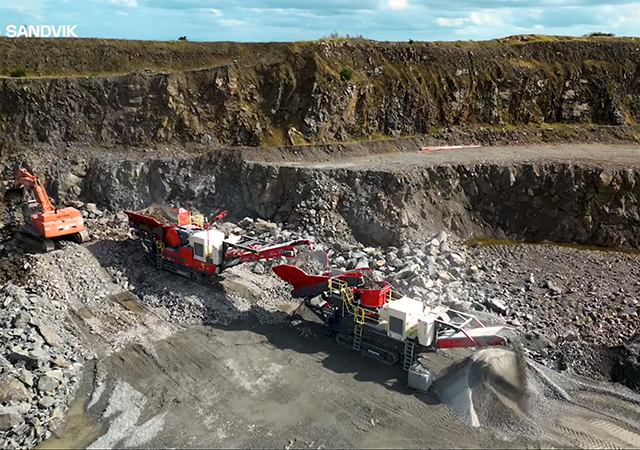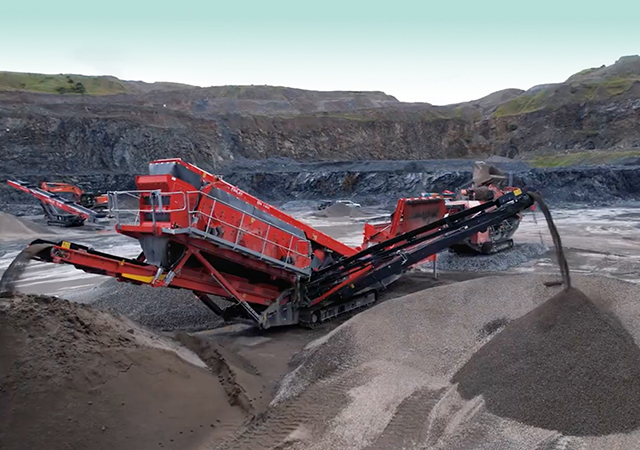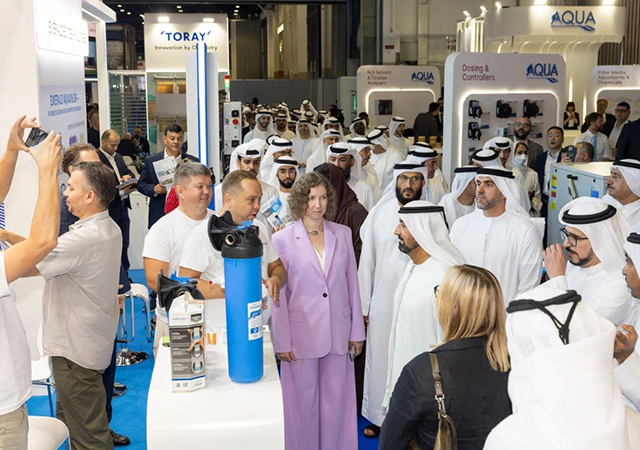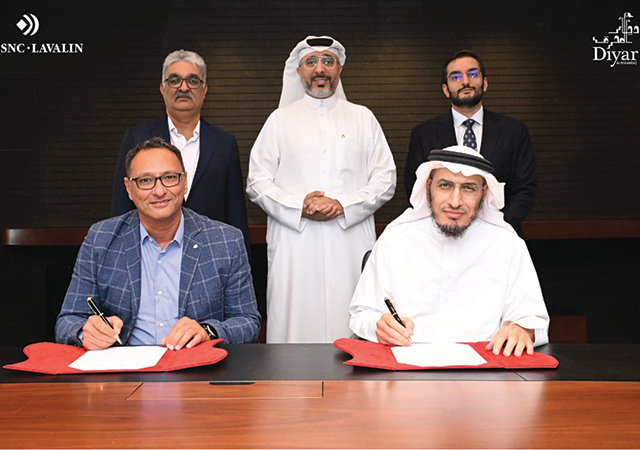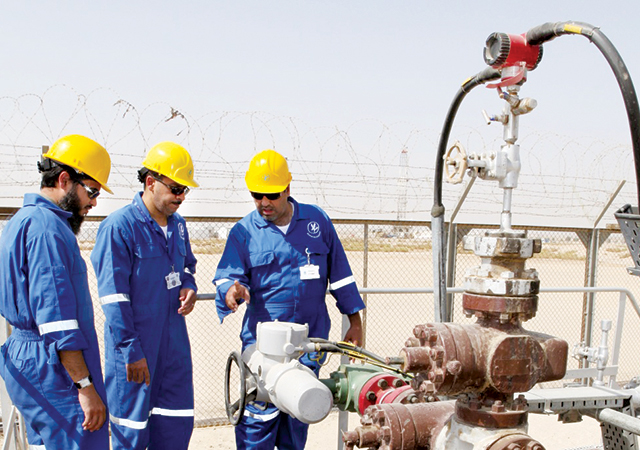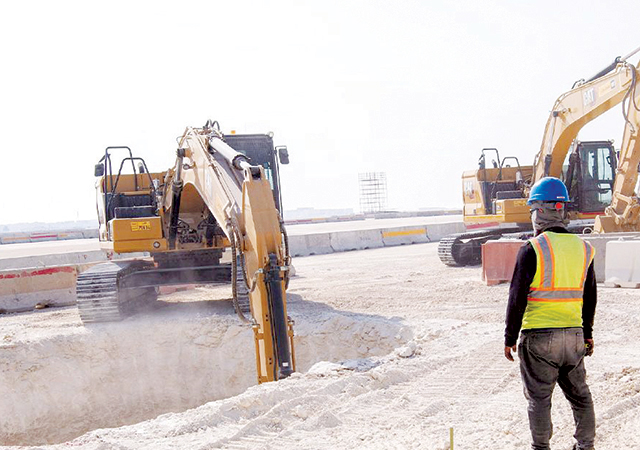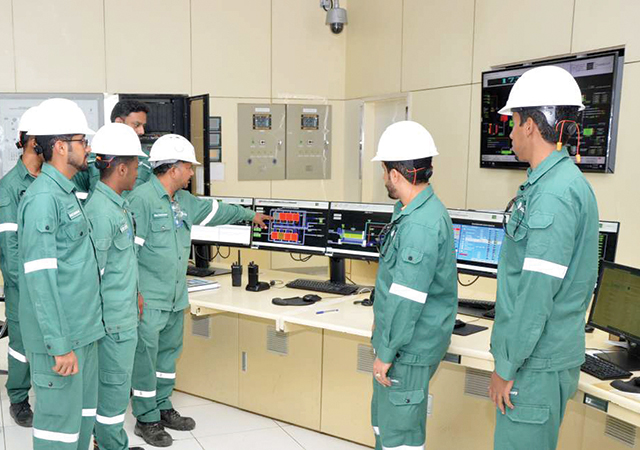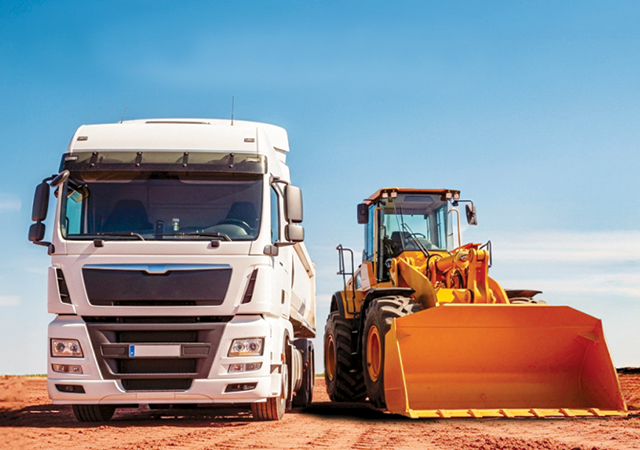
IN this second instalment of a series looking at the ways in which technology can support safety, training, and competence of personal working in safety critical industries, RelyOn Nutec discusses control of work (CoW) systems, and specifically the key features and benefits gained by moving away from traditional, inflexible and time-consuming paper-based systems, and replacing them with efficient and fully adaptable digital alternatives.
A CoW system exists to help companies keep their employees safe and aids in managing daily operations in an effective and efficient manner.
A digital CoW system is software that aligns work processes with control measures, ensuring standards are met and all activities are documented. A good CoW system should have functionality to cover:
• Planning the work: A tool that helps the assignment of task to roles, ideally which can visualise the work in a timeline and/or map.
• Task risk assessment and hazard identification: Tools to document and record where tasks have been assessed for risks and hazards, and which are easily accessible when the job starts.
• Permit to work: Robust procedures for requesting, reviewing and authorising permits to work, as well as providing an easy overview for relevant parties of potential job conflicts for areas and time frames.
• Energy isolation: Strict safety procedures for isolating initially, and then returning the energy source back into a live state.
KEY FEATURES OF A DIGITAL CoW
For a digital CoW system to be fully effective and to deliver the benefits that it promises in terms of accessibility, flexibility and efficiency, it should have a number of key features, including:
• Fully web-based application: This will ensure the system can be accessed by multiple users across numerous locations and on any device.
• Multi-language capability: With today’s diverse workforce, it’s important that language does not throw up any barrier in the use of safety critical tools.
• Fully configurable: A new system must be capable of aligning with an existing CoW system.
• Intuitive, user-friendly interface: It should cater for all users regardless of technological capabilities, and to cut down on system training time.
• Integration with existing IT systems: Software upgrades required to integrate the new application with existing IT systems should be inexpensive and efficient.
• Ongoing maintenance and support: A CoW system should be fluid and will naturally evolve over time, therefore, ongoing upgrades, maintenance and system configurations are essential.
What are the benefits of choosing a digital system over a paper-based one?
A digital CoW system will undoubtedly deliver additional value compared to traditional paper-based systems. Some of these include:
• Human error and safety: Digital solutions minimise the risk of human error by having automated workflows, mandatory fields and steps that must be completed before saving/moving to the next stage.
• Efficiency: Mobile access to a digital CoW system increases efficiency by allowing users to access digital procedures, checklists and permits immediately in any location, thereby increasing productivity and safety.
• Overview and clarity: Real-time access to documents and maps helps to identify potential conflicts on the work floor and to track tools and people.
• Flexibility: Users have the ability to change, review and approve vital documents (permits, schedules, risk assessments) in any location at any time from any device.
• Transparency: Digital systems allow for a detailed audit trail. They can log all interactions and that aids in demonstrating compliance during internal or external audits.
• Data analytics: Automating the data collection and reporting is one of the unique benefits of a digital CoW system. Having an accurate and updated dataset can help identify areas of increased risk, areas of improvement and waste, all helping to increase safety and allocate resources to the right places.
In conclusion, a CoW system is the glue that holds work control procedures together and supports organisations that operate in hazardous environments to keep their personnel safe during operations.
Paper-based systems have served critical industries well for many years now, but as advancements in technology progress and digital CoW systems are introduced to market, it stands to reason that these new options will be more efficient, flexible and transparent, and will save deliver time and cost savings.
RelyOn Nutec’s WorkSafe Control of Work solution is a fully integrated, configurable and user-friendly system, which delivers all the features and benefits listed above and can be adapted to suit any industry and/or worksite. With decades of experience delivering world-class safety solutions and with a team of subject matter experts delivering our training, consultancy, digital learning and software solutions, RelyOn Nutec is ideally placed to support our customers as they embrace new technologies to support their operations.













(5).jpg)








.jpg)



